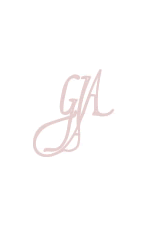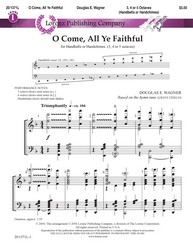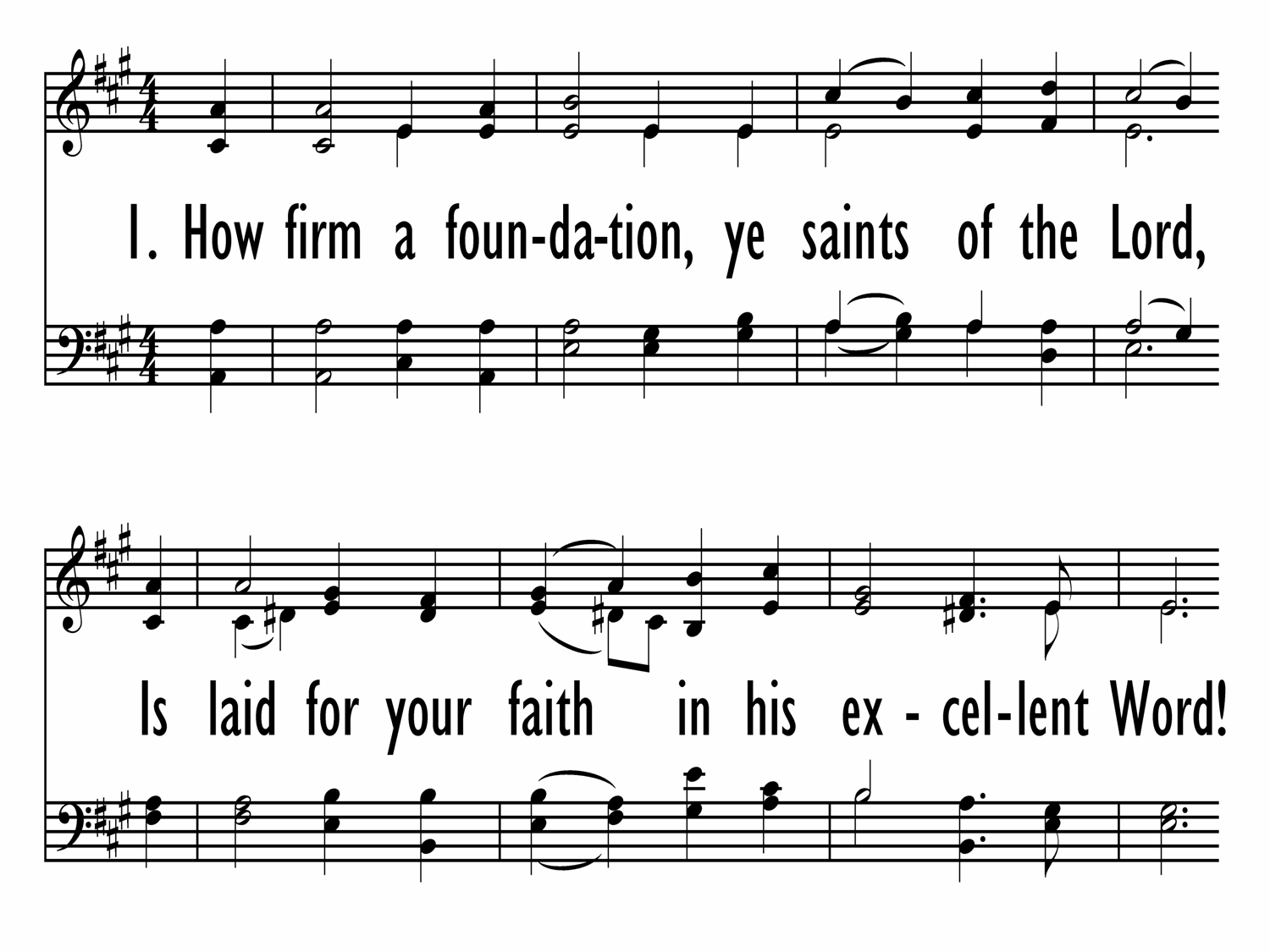- |
User Links
Come Hither, Ye Faithful

Come hither, ye faithful, Triumphantly sing!
Translator: Edward Caswall; Author: John Francis WadeTune: ADESTE FIDELES
Published in 159 hymnals
Printable scores: PDF, MusicXMLAudio files: MIDI
Representative Text
1 Oh, come all ye faithful, triumphantly sing:
Come, see in the manger our Savior and King!
To Bethlehem hasten with joyful accord:
Oh, come, let us adore Him,
Oh, come, let us adore Him,
Oh, come, let us adore Him,
Christ the Lord!
2 True Son of the Father, He comes from the skies;
To be born of a virgin He doth not despise;
To Bethlehem hasten, with joyful accord;
Oh, come, let us adore Him,
Oh, come, let us adore Him,
Oh, come, let us adore Him,
Christ the Lord!
3 Hark, hark to the angels all singing in heaven,
"To God in the Highest all glory be given!"
To Bethlehem hasten, with joyful accord;
Oh, come, let us adore Him,
Oh, come, let us adore Him,
Oh, come, let us adore Him,
Christ the Lord!
4 To Thee, then, O Jesus, this day of Thy birth,
Be glory and honor through heaven and earth.
True Godhead incarnate, omnipotent Word!
Oh, come, let us adore Him,
Oh, come, let us adore Him,
Oh, come, let us adore Him,
Christ the Lord!
Amen.
Source: The Lutheran Hymnal #102
Translator: Edward Caswall
 Edward Caswall was born in 1814, at Yately, in Hampshire, where his father was a clergyman. In 1832, he went to Brasenose College, Oxford, and in 1836, took a second-class in classics. His humorous work, "The Art of Pluck," was published in 1835; it is still selling at Oxford, having passed through many editions. In 1838, he was ordained Deacon, and in 1839, Priest. He became perpetural Curate of Stratford-sub-Castle in 1840. In 1841, he resigned his incumbency and visited Ireland. In 1847, he joined the Church of Rome. In 1850, he was admitted into the Congregation of the Oratory at Birmingham, where he has since remained. He has published several works in prose and poetry.
--Annotations of the Hymnal, Charles Hutchins, M.A. 1872… Go to person page >
Edward Caswall was born in 1814, at Yately, in Hampshire, where his father was a clergyman. In 1832, he went to Brasenose College, Oxford, and in 1836, took a second-class in classics. His humorous work, "The Art of Pluck," was published in 1835; it is still selling at Oxford, having passed through many editions. In 1838, he was ordained Deacon, and in 1839, Priest. He became perpetural Curate of Stratford-sub-Castle in 1840. In 1841, he resigned his incumbency and visited Ireland. In 1847, he joined the Church of Rome. In 1850, he was admitted into the Congregation of the Oratory at Birmingham, where he has since remained. He has published several works in prose and poetry.
--Annotations of the Hymnal, Charles Hutchins, M.A. 1872… Go to person page >Author: John Francis Wade
John Francis Wade (b. England, c. 1711; d. Douay, France, 1786) is now generally recognized as both author and composer of the hymn "Adeste fideles," originally written in Latin in four stanzas. The earliest manuscript signed by Wade is dated about 1743. By the early nineteenth century, however, four additional stanzas had been added by other writers. A Roman Catholic, Wade apparently moved to France because of discrimination against Roman Catholics in eighteenth-century England—especially so after the Jacobite Rebellion of 1745. He taught music at an English college in Douay and hand copied and sold chant music for use in the chapels of wealthy families. Wade's copied manuscripts were published as Cantus Diversi pro Dominicis et Festis p… Go to person page >Text Information
| First Line: | Come hither, ye faithful, Triumphantly sing! |
| Title: | Come Hither, Ye Faithful |
| Latin Title: | Adeste Fideles |
| Author: | John Francis Wade |
| Translator: | Edward Caswall |
| Meter: | 6.5.6.5 D |
| Language: | English |
| Copyright: | Public Domain |
English
- A Collection of Hymns #66
- A Handy Book of Old and Familiar Hymns #40
- A New Hymnal for Sunday Schools #21a
- A New Service and Tune Book for Sunday Schools. New ed. #d20
- American Lutheran Hymnal #347
- Armed Forces Service Book for Public and Private Use. 2nd rev. ed. #d63
- Army and Navy Service Book for Public and Private Use. Rev. ed. #d11
- Army and Navy Service Book: for Public and Private Use #8
- Augsburg Songs for Sunday Schools and other services #35
- Augsburg Songs, Nos. l and 2 Combined #d47 10 shown out of 96


 My Starred Hymns
My Starred Hymns







